New orders revive business activity during August after lockdown
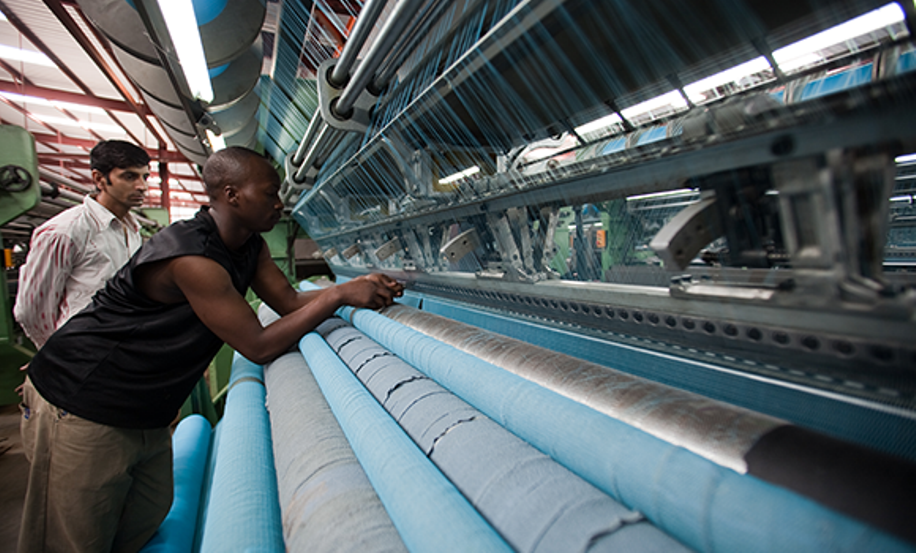 Highlights of the latest Stanbic PMI report indicate the agriculture, industry, services and wholesale &
retail categories all saw new orders increase, but a number of respondents indicated that demand remained weak with clients reporting a lack of funds. Construction was the only sector to post a reduction in activity midway through the third quarter.
Highlights of the latest Stanbic PMI report indicate the agriculture, industry, services and wholesale &
retail categories all saw new orders increase, but a number of respondents indicated that demand remained weak with clients reporting a lack of funds. Construction was the only sector to post a reduction in activity midway through the third quarter.
The partial lifting of the 42-day Covid-19 lockdown at the end of July revived business activity with new orders coming in during August and companies expressing confidence of further expansion over the coming year.
The headline Stanbic Purchasing Managers’ Index (PMI) moved back above the positive 50.0 no-change territory during August, posting a reading of 50.2 compared to 34.6 in July. However, the latest reading is still below the series average of 52.9.
Ronald Muyanja, the Head of Trading at Stanbic Bank Uganda said, “This expansion follows two successive months in which the lockdown had caused reductions in output and new business. However, despite the lifting of the lockdown and renewed increases in output and new orders, companies continued to lower their staffing levels, purchasing activity and inventory holdings during the month. There was little sign of capacity coming under pressure, meanwhile, as backlogs of work fell again.”
The Stanbic PMI is a composite index, calculated as a weighted average of five individual sub-components: New Orders (30%); Output (25%); Employment (20%); Suppliers’ Delivery Times (15%) and Stocks of Purchases (10%). Readings above 50.0 signal an improvement in business conditions on the previous month, while readings below this indicate deterioration.
The headline PMI provides an early indication of operating conditions in Uganda. The survey, sponsored by Stanbic Bank and produced by IHS Markit, has been conducted since June 2016 and covers the agriculture, industry, construction, wholesale & retail and service sectors. Responses to monthly questionnaires sent to about 400 purchasing managers in private sector companies form the basis of the monthly report.
According to the latest report, the agriculture, industry, services and wholesale & retail categories all saw new orders increase, but a number of respondents indicated that demand remained weak with clients reporting a lack of funds. Construction was the only sector to post a reduction in activity midway through the third quarter.
Ferishka Bharuth, Economist – Africa Regions at Stanbic Bank said, “Notably, the employment sub-index is yet to recover. While demand is recovering post the June lockdown, it remains weak, with little indication that capacity is under pressure. It is likely that stronger demand would be consistent with the recovery of the employment sub-index.”
A rise in overall input prices was recorded in August, following a reduction in July. This trend matched the picture seen for purchase costs where product shortages led to higher prices for a range of materials. Meanwhile, staff costs continued to fall.
Mayanja said, “Output prices decreased for the third month running. Although some companies raised charges in line with higher input costs, others lowered selling prices as demand remained relatively soft. The lifting of the lockdown is expected to lead to further growth in business activity over the coming year. More than 82% of respondents were optimistic in their outlook for the year ahead.”
In contrast to the picture for total new business, new export orders fell further during August as the Covid-19 pandemic continued to hit demand in export markets and affect the ability of companies to deliver goods abroad. New export orders have decreased on a monthly basis throughout the past year.

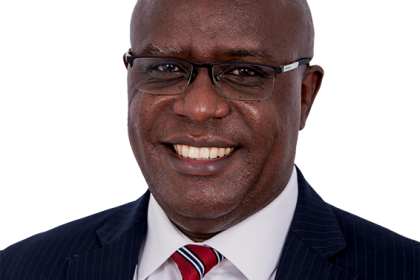 Standard Bank Group appoints new Chief Executive for Uganda Holdings
Standard Bank Group appoints new Chief Executive for Uganda Holdings
 TradeMark Africa introduces new App to limit EAC trade barriers
TradeMark Africa introduces new App to limit EAC trade barriers
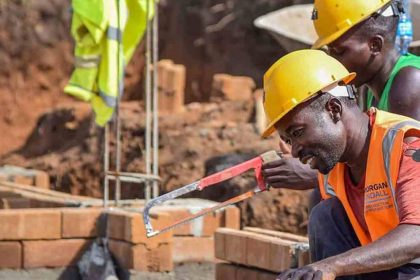 Employer hiring up during November as Stanbic PMI rises to 53.4
Employer hiring up during November as Stanbic PMI rises to 53.4
 Shell Club rewards first winners with brand new motorbikes in Mbale
Shell Club rewards first winners with brand new motorbikes in Mbale
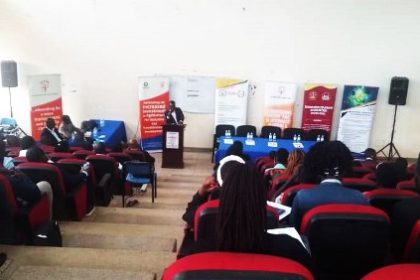 CSBAG roots for increased funding for renewable energy
CSBAG roots for increased funding for renewable energy
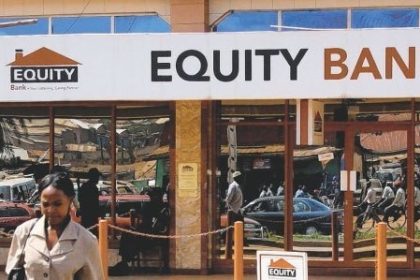 Equity walks tried and tested path to deliver solid half-year
Equity walks tried and tested path to deliver solid half-year
